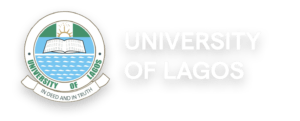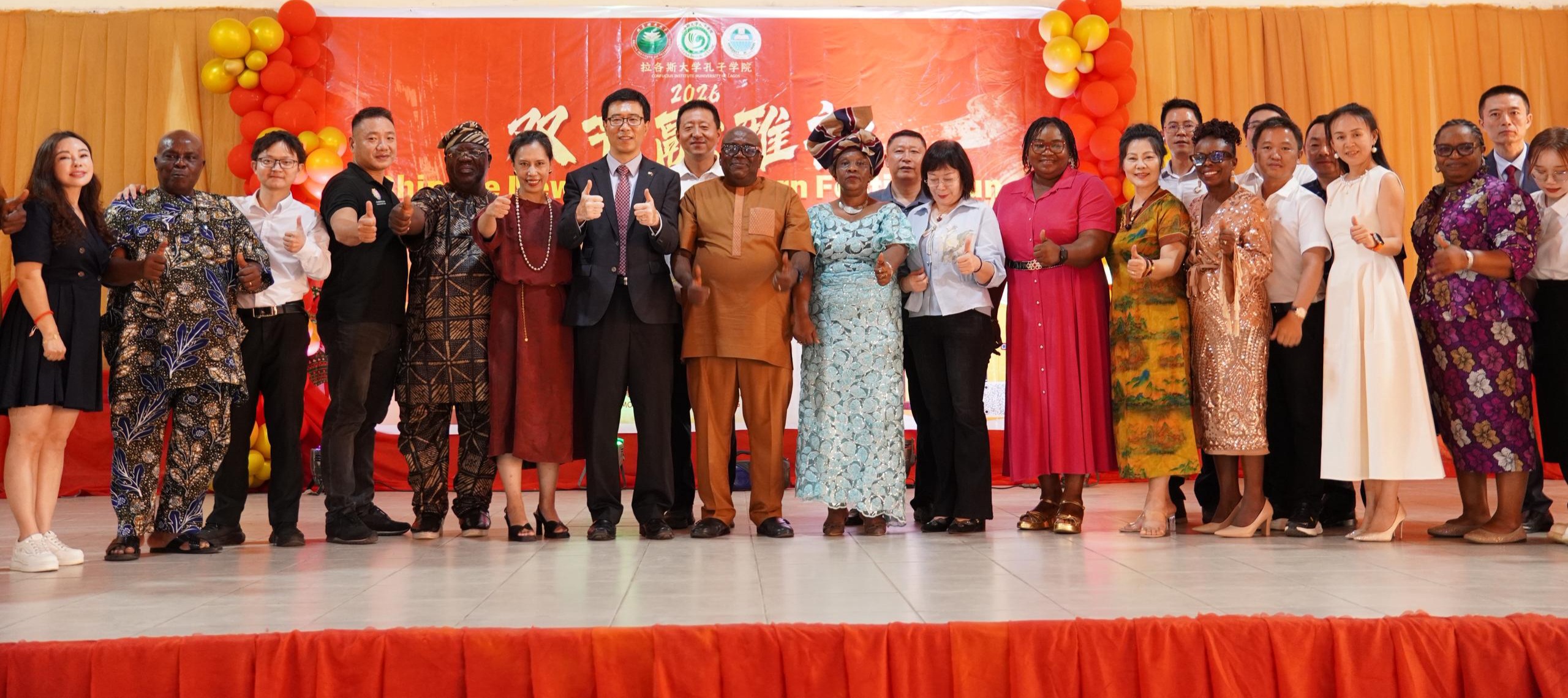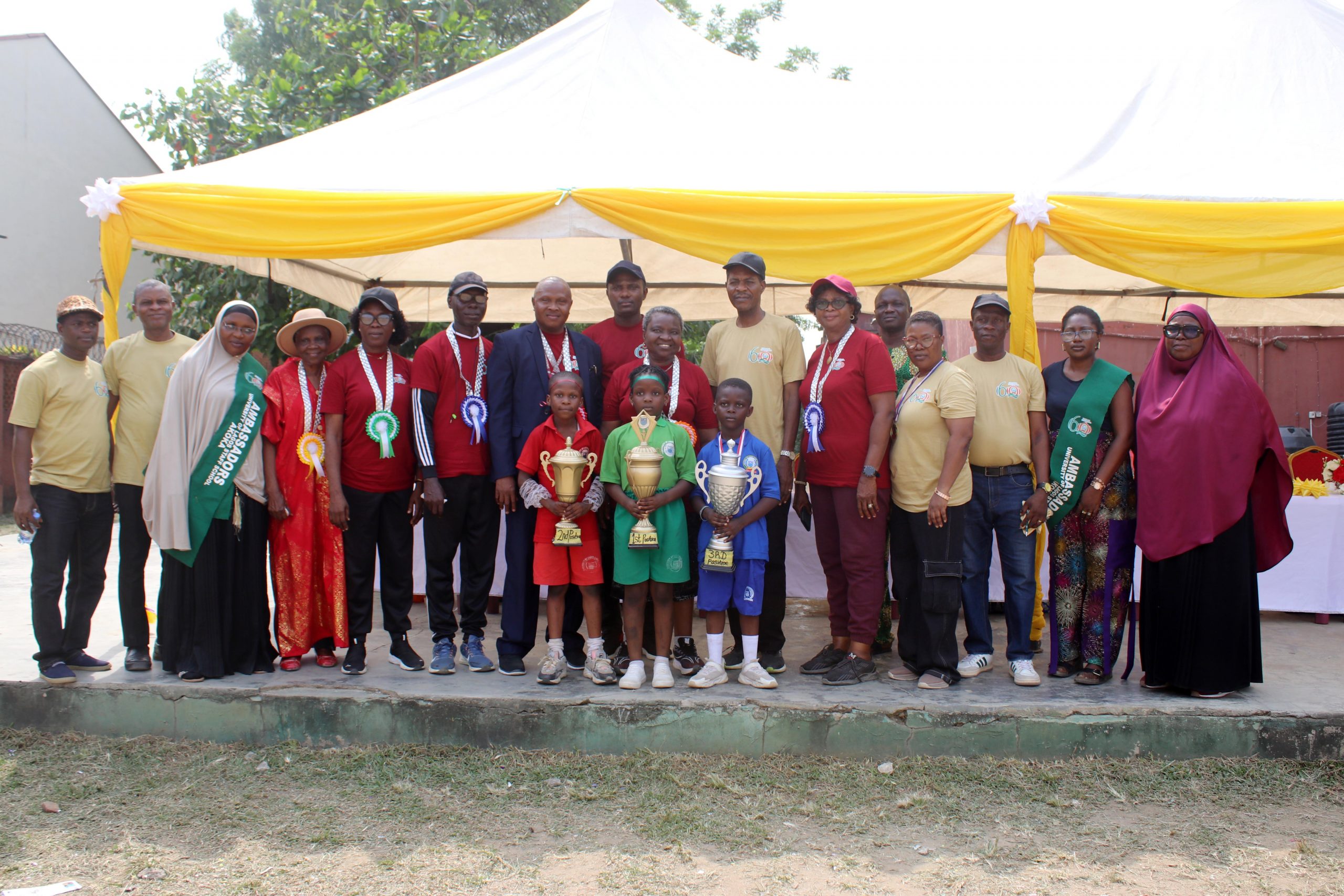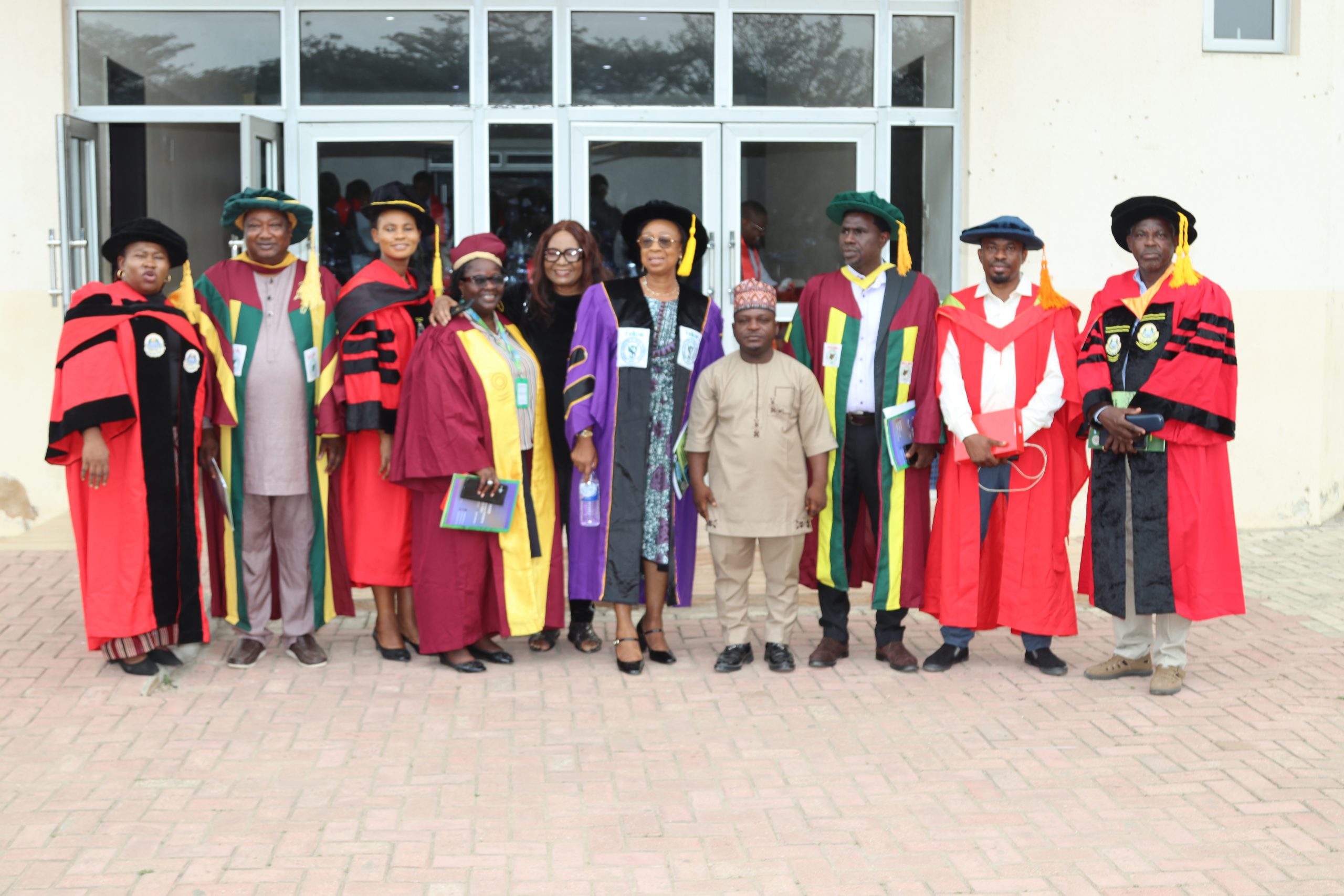A Professor of Environmental Microbiology and Agricultural Biotechnology from the NorthWestern University Potchefsroom Campus, North West Province, South Africa, Professor Rasheed Adeleke, has added his voice to ongoing advocacies for multidisciplinary approach with a view to deepening and enhancing the impact of research outcomes.
He made this known while delivering the latest University of Lagos Faculty of Science Guest Lecture Series which centered on Endophytes and Chemical Ecology of Plants: Pathways to Environmental Sustainability.
Prof. Adeleke’s presentation covered mutualistic plant-microbe interactions and the role of different filters (i.e. abiotic filters, host-imposed filters, and microbial species filters) in assembly rules and how through the mechanisms of horizontal and vertical gene transfers, endophytes are transferred to the next generation of plants.
The Professor of Environmental Microbiology and Agricultural Biotechnology defined endophytes as bacteria and fungi that are found in plant tissues without causing apparent diseases and have demonstrated their applicability in soil fertility as well as increased production of bioactive compounds for medicinal plants.
He also spoke on chemical ecology of plants and how particular chemicals (allelochemicals) are involved in the organisms’ interactions with each other and their surroundings.


While identifying medical plants as sources of bioactive compounds with special abilities to drive bioactive compound production, Prof. Adeleke shared some of his findings on “Metabolomic Profiling of Two Aloe species (Aloe lettyae & A. longibracteata) which revealed diverse metabolites from these species.
He said screening of the medicinal plants revealed the presence of bacteria with abilities to fix nitrogen and aid growth. He also highlighted two (2) isolated endophytic bacteria; Bacillus amyloliquefacien and B. licheniformis which promotes metabolites produced by Artemisia afra, a medicinal plant from which the malaria drug component, artemisin is obtained.
He linked his research goals to the Sustainable Development Goals (SDGs) 2 (Zero Hunger), 3 (Good health and well-being) and 11 (Sustainable Cities and Communities), goals which aligns with a position earlier shared by the Dean, Faculty of Science Prof. Olayinka Asekun in his opening remarks.






